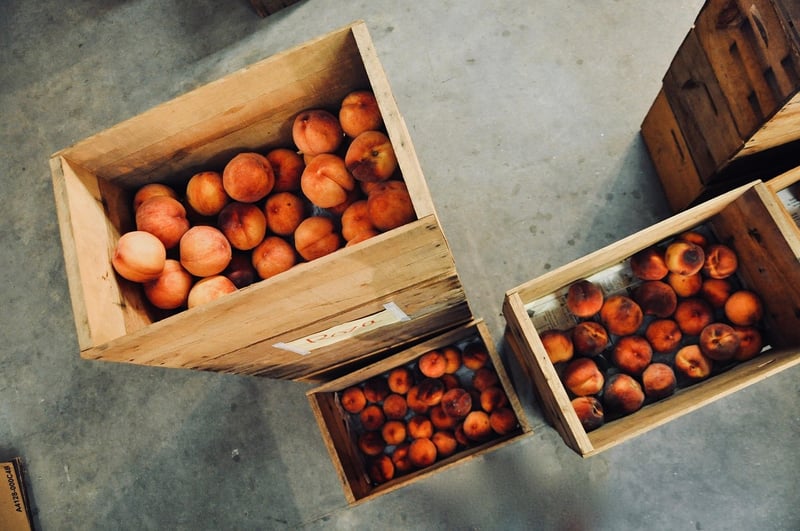Food Storage
Enhance Your Culinary Expertise: Food Storage Tips and Tricks
Whether you're a seasoned home cook or just starting your culinary journey, understanding how to properly store your ingredients and meals can help you enhance your skills in the kitchen. Effective food storage not only keeps your food fresh longer but also ensures that you have the necessary ingredients on hand when inspiration strikes. Here are some tips and tricks to help you become a master of food storage:
1. Utilize Proper Containers
Invest in a variety of high-quality containers for storing different types of food. Opt for airtight containers to prevent moisture and odors from affecting the food. Glass containers are ideal for storing leftovers as they are safe for reheating in the microwave or oven.
2. Label Everything
Labeling your containers or bags with the contents and date can help you keep track of what you have and when it needs to be used by. This simple practice can prevent food waste and ensure you use ingredients before they spoil.
3. Organize Your Fridge and Pantry
Keep your fridge and pantry organized by grouping similar items together. Designate specific areas for fruits, vegetables, dairy, proteins, and grains. Regularly check for expired items and rotate older products to the front for easy access.
4. Freeze Smartly
Freezing is a great way to extend the shelf life of many foods. Properly wrap items like meat, fish, and baked goods before freezing to prevent freezer burn. Consider portioning meals before freezing to make defrosting and reheating easier.
5. Store Herbs and Spices Properly
Keep your herbs fresh by storing them in a glass of water in the fridge or wrapping them in a damp paper towel. Store spices in a cool, dark place away from heat sources to maintain their flavor potency.
6. Use Vacuum Sealers
Consider investing in a vacuum sealer for long-term storage of items like meat, cheese, and nuts. Vacuum sealing removes air from the packaging, extending the freshness of the food and preventing freezer burn.
7. Rotate Your Stock
Practice the "first in, first out" rule when storing food. Use older items before newer ones to ensure nothing goes to waste. Regularly check your pantry and freezer for items nearing their expiration date.
8. Keep a Well-Stocked Pantry
Maintain a well-stocked pantry with essential staples like rice, pasta, canned beans, and tomatoes. Having a variety of pantry items on hand allows you to whip up delicious meals even when fresh ingredients are limited.
By incorporating these food storage tips and tricks into your culinary routine, you can not only improve the quality and longevity of your ingredients but also streamline your cooking process. Experiment with different storage methods to find what works best for you and watch your culinary expertise soar!



